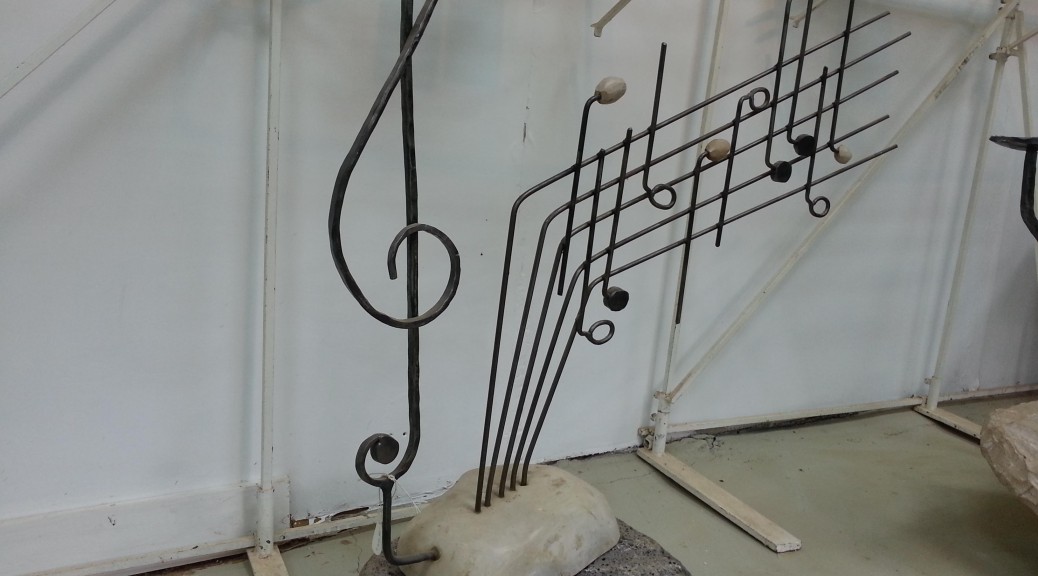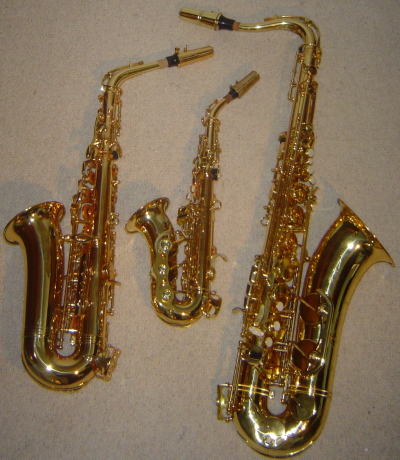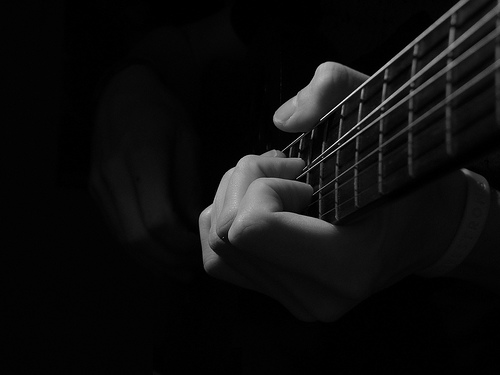The importance of music theory is a hot debate topic in the world of professional music. Some believe knowledge of music theory is what makes you a true musician, whereas some feel their lack of music theory knowledge is like a badge of honour.
With the eternal debate over the importance of music theory raging on, how important is music theory to modern musicians?
What is Music Theory All About?
First, it is essential to understand what music theory is all about. Simply put, the Western music theory is like grammar. It is a set of rules or trends, whichever you want to call it, which most music shares. Music theory is the common language artists can use to compose and create music.
Just like with any theory, you don’t necessarily need to understand the theory in order to use it in practice. Nonetheless, it can make explaining the concepts or even understanding the set of rules a lot more straightforward.
What Makes Music Theory Important
With the above in mind, it is helpful to understand that the importance of musical theory depends on what kind of musicians you are going to be. For instance, if you are going to become a composer, not knowing what constitutes as major C chord will make it more difficult to write music.
On the other hand, if you are just going to play music for a bit of fun, you can probably get along without much knowledge about the theory.
But the benefits of music theory are still advantageous. If you have a grasp of music theory you’ll:
· Better understand how music works and therefore be more able to create it.
· Get deeper understanding of the history of modern music and be able to experience new musical genres more fully.
· Be more suited to communicate your ideas with other musicians.
Overall, it is the heightened understanding of music that makes understanding music theory important. You might find yourself in a situation where someone wants you to play a song at a lower pitch. If you don’t know anything about music theory, it might be extremely difficult to find the right chords.
How To Get Started?
You might find music theory too complicated and difficult. If you quickly just glance at different scales or chord structures, it is easy to feel overwhelmed.
But you don’t need to learn everything at once. As you’ll start playing a new instrument, such as a guitar, you’ll automatically be introduced to some of the most basic concept in music theory. You’ll almost unknowingly learn these as you play more.
Furthermore, you can just stick to these basic concepts and enhance your understanding as you progress with your practical playing skills.
No Right or Wrong Way
Any modern musician who is series about music will only benefit from knowing music theory. It won’t damage your understanding of music or your musical performance – it’ll only improve it.
But it’s also not the only way to become a good player. History knows many musicians who don’t have any theory knowledge and who have still managed to create stunning music.
So, don’t be afraid to try it – if it isn’t your thing, you can learn to get by without it!







